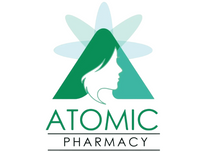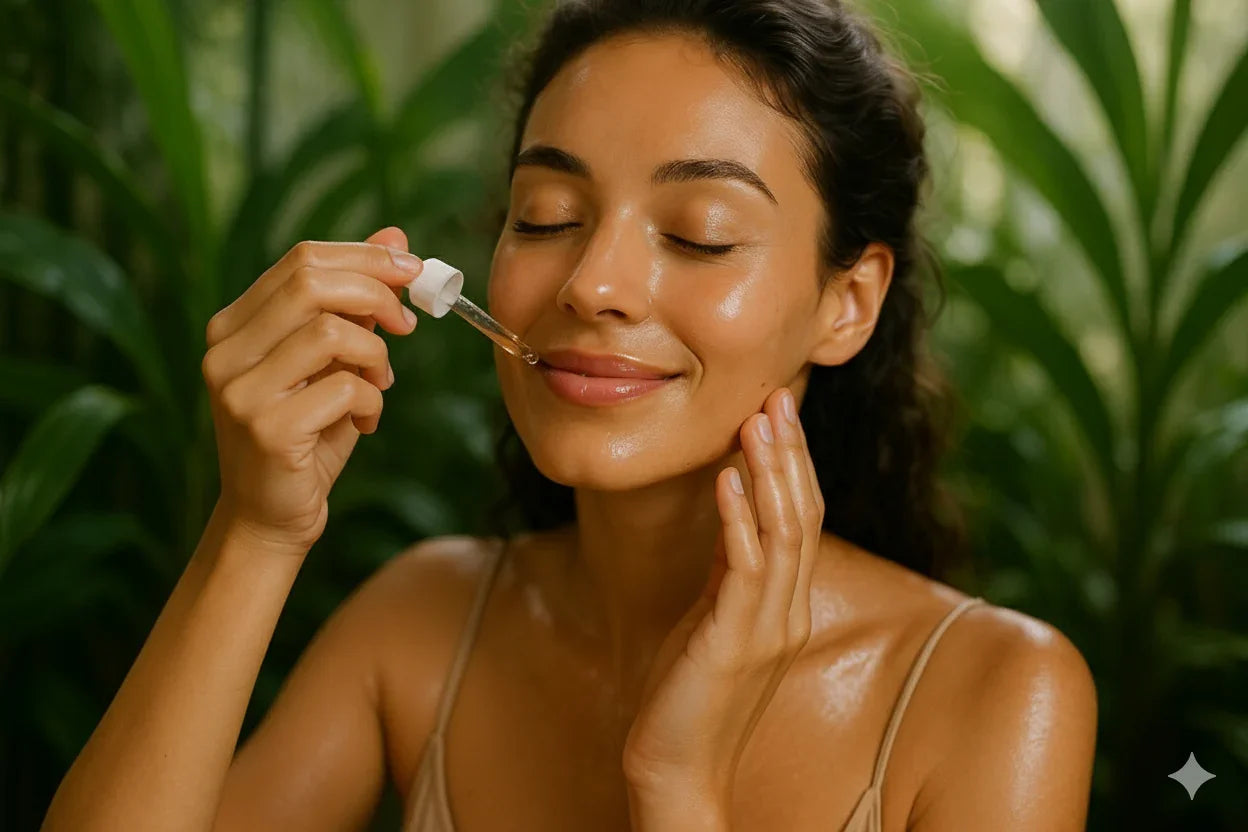Your Complete Guide to Healthy Skin: Solutions for Every Concern
Achieving a clear, radiant, and healthy complexion is a goal for many, but the path to get there can feel overwhelming. From unexpected breakouts to stubborn dark spots and the inevitable signs of aging, each skin issue presents a unique challenge that requires a targeted, informed approach. There is no one-size-fits-all solution, as the secrets to great skin lie in understanding its specific needs.
This comprehensive guide will demystify common skincare concerns, from pigmentation and acne to aging and sensitivity. By diving into the root causes and exploring the most effective ingredients and treatments, you will be empowered to build a skincare routine that truly works for you, transforming your journey into a confident and successful one.
Understanding & Treating Pigmentation
Pigmentation, also known as hyperpigmentation, refers to the darkening of skin areas. While it’s often a cosmetic concern, it’s a sign that your skin's melanocytes—the cells that produce melanin—are in overdrive. The most common forms are sun spots, which are small, concentrated areas of damage from UV exposure, and melasma, a broader, blotchy discoloration often triggered by hormonal changes. A third type, post-inflammatory hyperpigmentation (PIH), occurs after skin has been inflamed from acne, cuts, or other trauma.
Key Ingredients to Target Pigmentation:
Vitamin C: A powerful antioxidant that not only protects skin from sun damage but also works to inhibit the enzyme responsible for melanin production. It helps to brighten the overall complexion.
Niacinamide: This form of Vitamin B3 is a true multitasker. It helps prevent the transfer of melanin from the deeper layers of the skin to the surface, effectively fading dark spots.
Hydroquinone: Often considered the gold standard for treating severe hyperpigmentation. It works by decreasing the production of melanin. Due to its potency, it is often available in prescription-strength formulas and should be used with a dermatologist's guidance.
Alpha-Arbutin & Kojic Acid: These ingredients are known for their melanin-inhibiting properties and are excellent choices for a more gentle approach to brightening.
The cornerstone of any anti-pigmentation strategy is daily, consistent use of a broad-spectrum sunscreen. It’s non-negotiable, as UV rays are the primary catalyst for pigmentation. Without it, any treatment will be ineffective.
Proactive Strategies for Anti-Ageing
Ageing is an inevitable part of life, but its visible effects on our skin can be influenced by both genetics (intrinsic aging) and lifestyle and environment (extrinsic aging). Extrinsic aging, which accounts for up to 80% of visible signs of aging, is primarily driven by sun exposure, pollution, and poor lifestyle choices. Over time, these factors lead to a breakdown of collagen and elastin, the two essential proteins that give our skin its firmness and elasticity. The result is the appearance of fine lines, wrinkles, and a loss of skin volume.
The Anti-Ageing Power Trio:
Retinoids: As the most powerful anti-aging ingredient, retinoids (like Retinol and Tretinoin) work by accelerating cell turnover and boosting collagen production. This process helps to smooth out fine lines, improve skin texture, and fade dark spots. Start with a low concentration and use it in your nighttime routine.
Antioxidants: Ingredients like Vitamin C and Vitamin E are crucial for fighting free radical damage from environmental stressors. By neutralizing these unstable molecules, antioxidants help protect your skin's collagen and elastin, preventing premature aging. Use a Vitamin C serum in the morning for maximum protection.
Hyaluronic Acid and Peptides: While not a direct anti-aging ingredient in the same way as retinoids, Hyaluronic Acid is vital for hydration. A well-hydrated skin is plumper and less likely to show fine lines. Peptides are small proteins that signal the skin to produce more collagen, acting as building blocks for a more resilient complexion.
Conquering Acne & Acne Scars
Acne is a complex inflammatory condition with four main culprits: excess oil production, clogged hair follicles, bacteria (P. acnes), and inflammation. Whether you’re dealing with whiteheads, blackheads, or deep cystic acne, a consistent, targeted approach is key.
Effective Ingredients for Acne Treatment:
Salicylic Acid: This Beta-Hydroxy Acid (BHA) is oil-soluble, allowing it to penetrate deep into pores to dissolve sebum and dead skin cells. It’s highly effective for treating blackheads and whiteheads.
Benzoyl Peroxide: This powerful ingredient works by killing the bacteria that contribute to acne. It's particularly effective for inflammatory acne (red bumps and cysts).
Niacinamide: Beyond its role in pigmentation, Niacinamide also has anti-inflammatory properties that can help soothe redness associated with breakouts.
Treating Acne Scars:
Once acne has cleared, you may be left with scars. It's important to distinguish between Post-Inflammatory Hyperpigmentation (PIH), which is just a dark spot that will fade with time, and atrophic scars, which are permanent depressions in the skin. PIH can be treated with the same ingredients used for pigmentation. For atrophic scars, more advanced treatments like chemical peels, microneedling, or laser resurfacing performed by a dermatologist are often necessary.
Gentle Care for Sensitive Skin
If your skin frequently reacts with redness, itching, stinging, or dryness, you may have a compromised skin barrier. The best approach for sensitive skin is to keep your routine simple and gentle, focusing on soothing and repairing your skin.
What to Look For & What to Avoid:
Ingredients to Embrace: Seek out products with a short ingredient list. Look for soothing, skin barrier-repairing ingredients like Ceramides, Hyaluronic Acid, and Oatmeal.
Ingredients to Avoid: Steer clear of common irritants like fragrance (both natural and synthetic), alcohol, harsh exfoliants, and strong acids. A patch test is your best friend when trying a new product.
By focusing on products that calm and strengthen the skin's barrier, you can help reduce sensitivity over time, making your skin more resilient to daily stressors.
Targeting Under Eye Concerns
The skin around your eyes is significantly thinner and more delicate than the rest of your face, making it particularly vulnerable to aging and other concerns.
Dark Circles: These can be caused by genetics, thin skin that allows blood vessels to show through, or a lack of sleep. Look for eye creams containing Vitamin K to help with blood vessel health and Hyaluronic Acid for a plumping effect that can reduce the appearance of shadows.
Puffiness: Often caused by fluid retention, allergies, or a lack of sleep. Ingredients like Caffeine can help by constricting blood vessels to reduce swelling. A gentle massaging motion during application can also help with fluid drainage.
By understanding the unique biology of your skin and what each ingredient does, you can create a personalized routine that addresses your specific concerns. Whether you’re combating acne, brightening dark spots, or nourishing sensitive skin, the right knowledge is the first step toward a healthier, more confident you.

